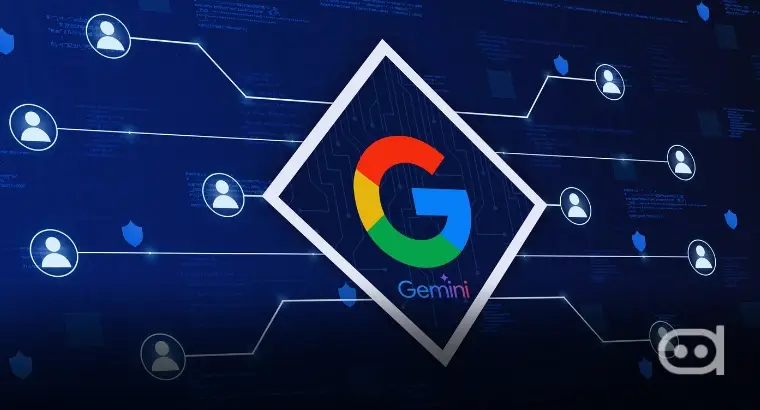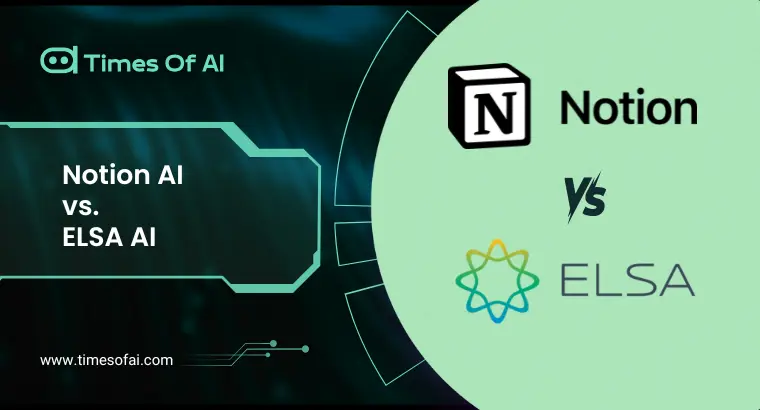
- Google’s Gemini AI has sparked controversy by scanning private Google Drive PDF files without user permission, raising alarming privacy concerns.
- Despite efforts to turn off the feature, users like Kevin Bankston report ongoing issues and confusing settings, suggesting deeper problems within Google’s systems.
An internet user, Kevin Bankston, recently Tweeted that he had no control over private files being uploaded on his Google Drive by the Gemini AI. The frustration he aired concerning his personal information without adequate regulation is well understood. Although efforts were made to turn off the feature, he noticed that documents were still being scanned by Gemini AI, thereby provoking concerns over Google’s commitment to privacy.
Bankston’s story exemplifies a significant mistake in how Google handles users’ data. First encountered on Google Drive, the problem began when pressing the Gemini button on even one document, which occasioned automatic scanning of all PDFs. Even after he found and deactivated the Gemini summaries in Gmail, Drive, and Docs, this behavior persisted. Fourth, an already switched-off settings toggle was placed quite differently from where the Gemini bot initially said it would be; thus, there was more misdirection.
See More: OpenAI’s internal AI Data Compromised in 2023 Hack, reveals report
Meanwhile, the predicament is further complicated by Bankston’s theory that his involvement in Google Workspace Labs may have contributed to it. However, turning on Google Workspace starts scanning unauthorized private documents. This means that even when restricted to Google Workspace Labs users alone, there is still a problem with Google’s handling of AI software and user permissions. Despite insisting that Gemini AI does not use personal data for training purposes, its lack of openness and control is very worrying.
In conclusion, this action represents a significant breach of trust by Google as it allows its Gemini AI to scan through private files without explicit permission from users. The likes of Kevin Bankston, who are trying to deactivate this feature, find themselves dealing with more issues on an ongoing basis, hence deep-seated systemic problems. Therefore, regarding confidential information, particularly at the granular level, Google has not upheld user consent, undermining its reputation and creating grave privacy concerns. As we increasingly integrate AI into our digitalLabs back in 2023 might overwrite desired Gemini AI settings, and as a result, the scanner
Latest Stories:
Copyright case: OpenAI asks NYT to establish article originality
OpenAI will boost India’s AI mission’s app development
Meta clarifies AI content: “Made by AI” evolves to “AI Info”
Copyright case: OpenAI asks NYT to establish article originality





